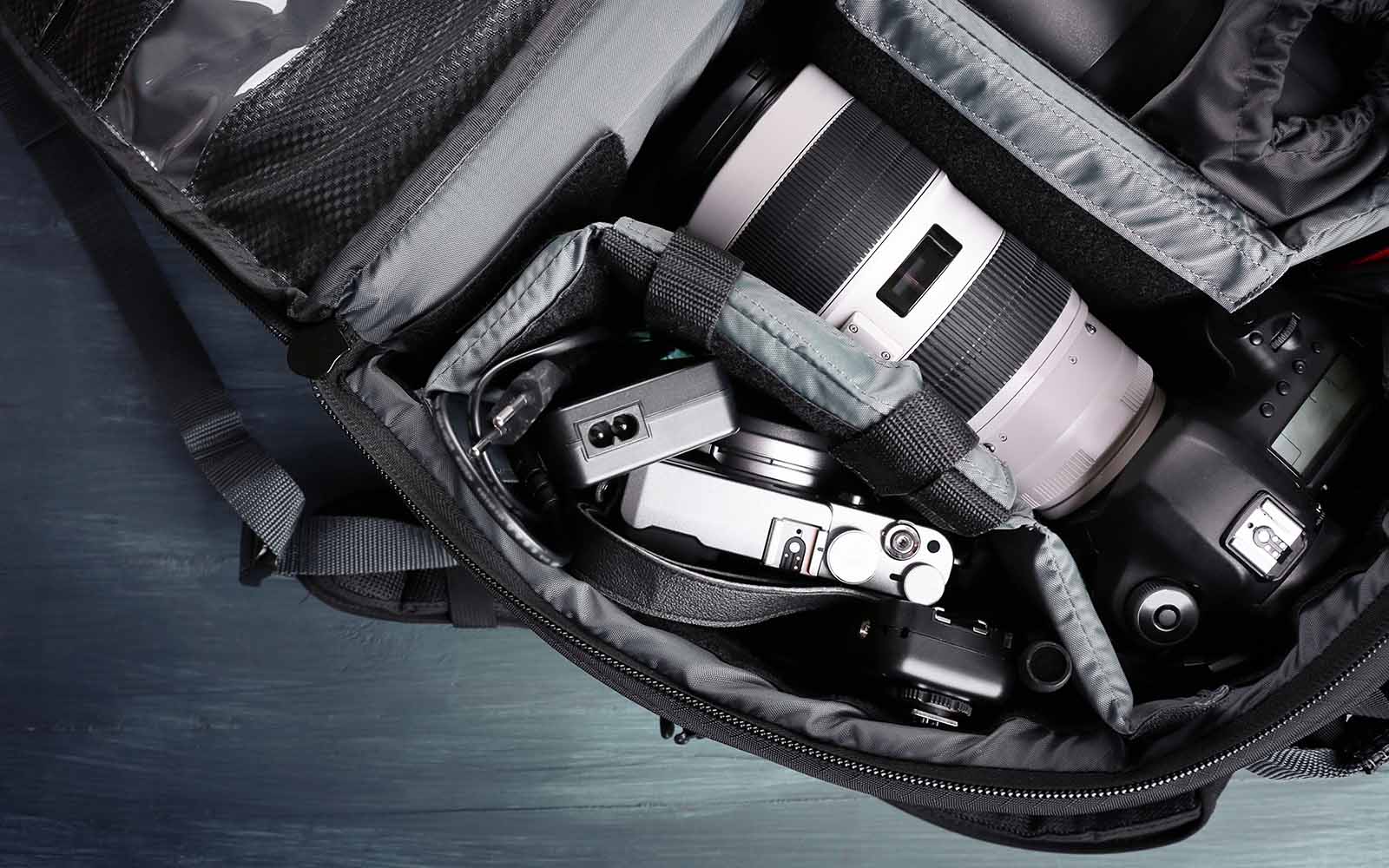
In documentary photography, there are few names that evoke as much emotion and controversy as Kevin Carter. His thought-provoking photography have garnered both praise and criticism throughout the years.
From capturing the stark reality of famine-stricken Africa to the complex intricacies of the human condition, Kevin Carter exposed the raw essence of our world. In this article, I’ll share with you the life and legacy of Kevin Carter’s photography.
Kevin Carter’s journey into the world of photography began with a deep curiosity about the human experience. He was born in South Africa in 1960, he grew up amidst the turmoil of apartheid, which played a significant role in shaping his perspective on social injustice and inequality.
He drew inspiration from his surroundings and used photography as a medium to bring attention to the untold stories of the marginalised.
Carter embarked on a photography career that would take him across the globe, immersing himself in the lives of people from diverse backgrounds. His unwavering commitment to truth-seeking allowed him to capture heart-breaking photos and the realities of life in Africa.

One of the defining chapters in Kevin Carter’s photography career was his coverage of the famine in Sudan during the early 1990s. The haunting image, titled ‘The Vulture and the Little Girl’, of a young Sudanese girl, emaciated and surrounded by vultures, became an emblem of the devastating impact of famine on vulnerable populations.
This photograph, which made the front page of the New York Times in March 1993, exemplified Carter’s ability to encapsulate profound human suffering within a single frame.
Alongside photographers, Greg Marinovich, Ken Oosterbroek, and João Silva, Carter regularly put himself in the middle of conflicts in South Africa. The four photographers were given the name ‘The Bang, Bang Club’ after a magazine article written about them.
His photography shed light on the socio-political issues plaguing Africa, including poverty, disease, and civil unrest. By capturing the raw realities of life in Africa, Carter aimed to spur action and challenge the global community’s complacency towards these issues.

Carter’s career was not without controversy, and his most iconic photograph ‘The Vulture and the Little Girl’ (also known as ‘The Struggling Girl’) also became the subject of intense scrutiny.
The image started a debate about the ethical responsibilities of a photographer when faced with such harrowing scenes. People argued that Kevin Carter should have intervened and helped the young girl rather than capturing the moment.
The untold fact of the story was, he actually did scare away the vulture from the little girl after he took the photo. But the weight of not being able to help the girl further is what plagued Carter’s mental health afterwards.
Despite this, Carter’s Pulitzer prize winning photograph sparked a global conversation about the ethical boundaries of photojournalism, provoking introspection and challenging our understanding of the power dynamics inherent in the act of witnessing.
Another lesser-told story is, reportedly, that the young girl in the photo, was actually a boy called Kong Nyong. He had been taken care of by the UN food aid station. Nyong had died around 2007, of “fevers”, according to his family.

The pressure and continued mental health struggles that Carter suffered took its toll and he committed suicide four months after being awarded the Pulitzer Prize in July 1994.
Carter’s legacy continues to resonate within the realm of documentary photography. His images serve as a timeless reminder of the indomitable human spirit, as well as a call to action for social change.
His ability to capture moments of both joy and despair within a single frame reflects his deep understanding of the multifaceted nature of the human experience.
Beyond the lens, Carter’s legacy lives on through the Kevin Carter Foundation, established after his tragic death in 1994. The foundation seeks to honour his memory by providing support and resources to aspiring photographers who share his passion for using visual storytelling as a catalyst for social change.
Through workshops, grants, and exhibitions, the foundation ensures that Carter’s commitment to bearing witness to the world’s triumphs and tragedies endures.

Though despite his passing, Carter’s work continues to inspire photographers and storytellers around the world. His photos still serve as a reminder of the transformative potential of capturing the human experience through a lens.
As aspiring photographers and enthusiasts, we can learn from Carter’s ability to embrace discomfort, challenge prevailing narratives, and provoke conversations through our own visual narratives.

Kevin Carter will be forever remembered for that one particular image. But his career is more than just that one image.
It took years of experience and understanding to culminate to that point, which shouldn’t be forgotten. His photography captures the triumphs and tragedies of the human experience with unwavering honesty and empathy.
At a time where skin colour was divisive, Kevin Carter put himself in dangerous situations to bring the realities of apartheid to the front pages of newspapers without a thought for his own safety.
His iconic images remain timeless reminders of the power of visual storytelling and continue to inspire a new generation of photographers to use their craft as a catalyst for change.
Photographers elevate your photo editing with Adobe Photoshop Express, a beginner’s guide for spectacular results.
Find everything you need to know in this guide to polarizer lens filters for photography. How do they work and which is the best to buy?
Discover TOP features in the Lightroom CC mobile app with this guide for enhancing your photo editing skills. For desktop and tablet too.
Learn the basics of photography – fast – with our FREE 60-Second Photographer online course. Each class is short and sharp with simple, actionable steps that give you immediate results.
x 30 lessons

© iPhotography™
Become a confident and competent photographer in less than 30 minutes!
Before you leave, make sure you’ve secured your FREE online photography course (worth £29.99)
Each class is just 60-seconds or less making it the fastest and easiest way to learn photography!